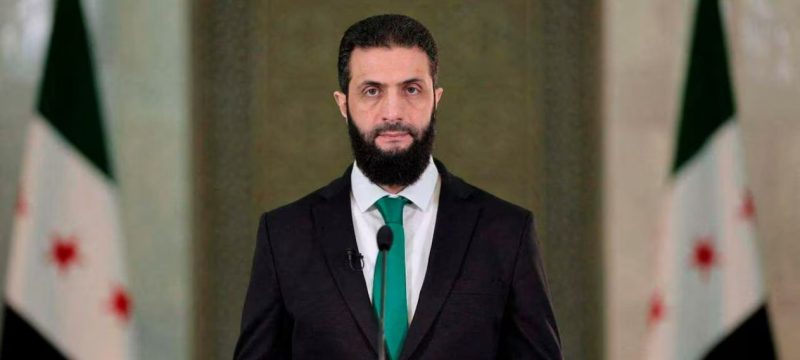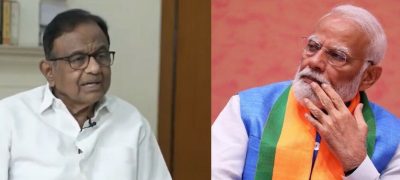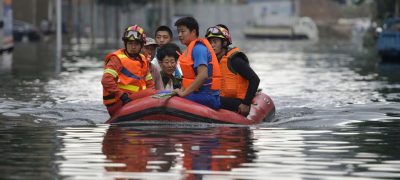Syria has set the dates for its first parliamentary elections since the removal of former President Bashar al-Assad. The elections are scheduled to take place between September 15 and 20, marking a significant political milestone in the country’s postwar transition.
Mohammed Taha al-Ahmad, the head of the Higher Committee for People’s Assembly Elections, confirmed this timeline in a statement to the state news agency SANA.
These elections will be the first held under the leadership of interim President Ahmed al-Sharaa, who took office after Assad was ousted by a swift rebel offensive in December.
Al-Ahmad assured the public that preparations for the vote are ongoing, with efforts focused on ensuring the election is “transparent and secure.”
Of the 210 seats in Syria’s People’s Assembly, one-third will be appointed directly by President al-Sharaa. The remaining 140 seats will be filled through direct elections, which will be held in electoral colleges across Syria’s provinces.
Hassan al-Daghim, a member of the elections committee, explained that the process would ensure broad representation.
These elections are taking place under a provisional constitution signed by President al-Sharaa in March. The constitution calls for the creation of a transitional legislative body known as the People’s Committee.
This temporary body is expected to function until a permanent constitution is adopted and general elections are held, which observers suggest may take several years.
However, the timing of the elections has raised concerns due to Syria’s ongoing political instability and security challenges. The country continues to face sectarian violence and tensions.
Recently, clashes in the southern province of Suwayda between Druze fighters and Bedouin clans resulted in hundreds of casualties and displacements. Reports suggest that government forces sided with the Bedouin factions, exacerbating the violence.
The unrest also drew international attention when Israel launched airstrikes on Syrian military positions, citing the need to protect the Druze minority and prevent further border tensions. These strikes have added another layer of complexity to Syria’s already volatile situation.
The transition in Syria remains deeply divided, with some segments of the population hopeful for change, while others, particularly those in war-torn areas, are more skeptical.
Opposition groups have expressed mixed reactions to the upcoming elections. Some support participation as a means of shaping the future, while others view the elections as premature and exclusionary.
Human rights organizations have also raised concerns about the government’s control over the media and the absence of independent electoral observers.
As Syria moves toward this historic election, the path to political stability remains uncertain, with numerous challenges still ahead.
In other news, read about Saudi Arabia’s $5 billion investment in Syria, aimed at strengthening economic ties and rebuilding efforts.





